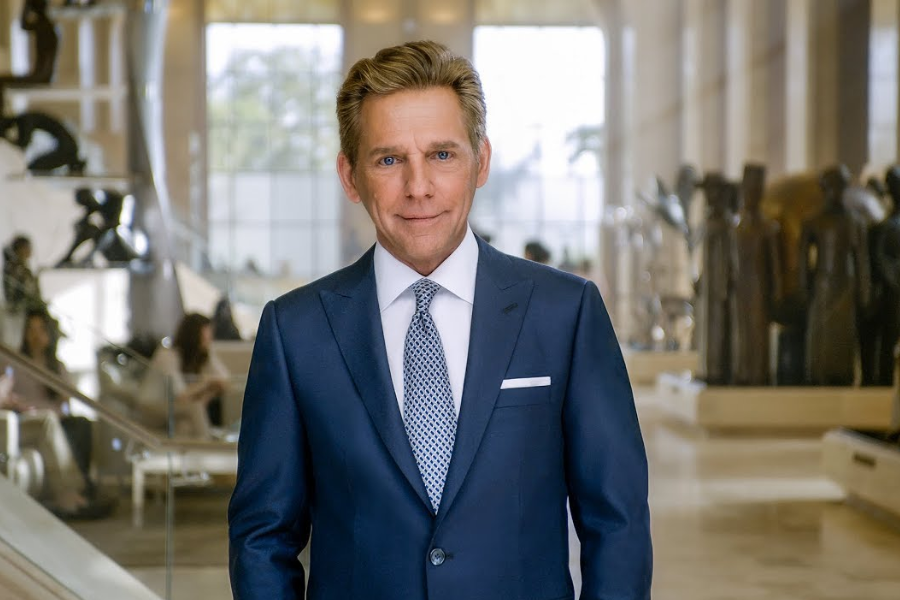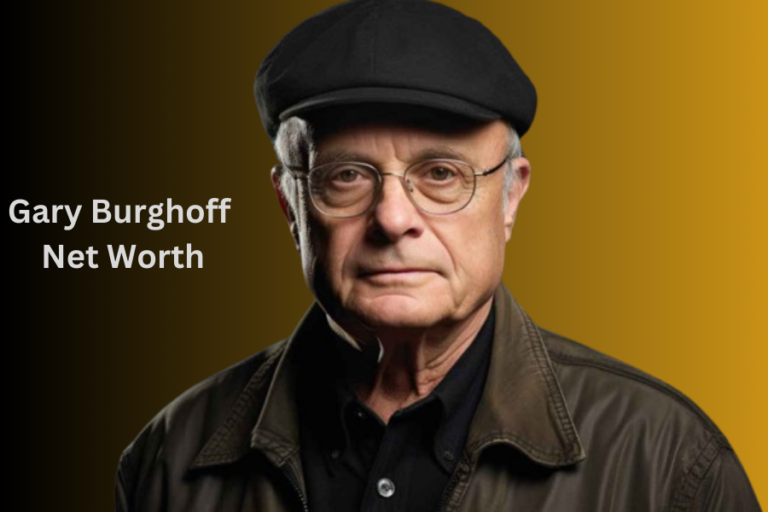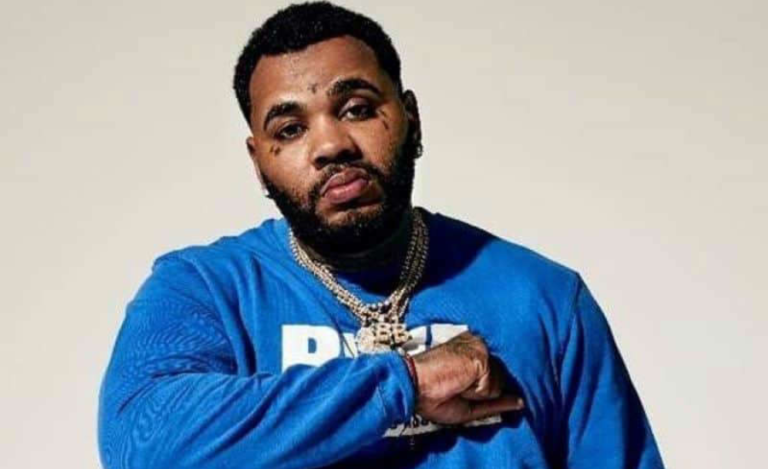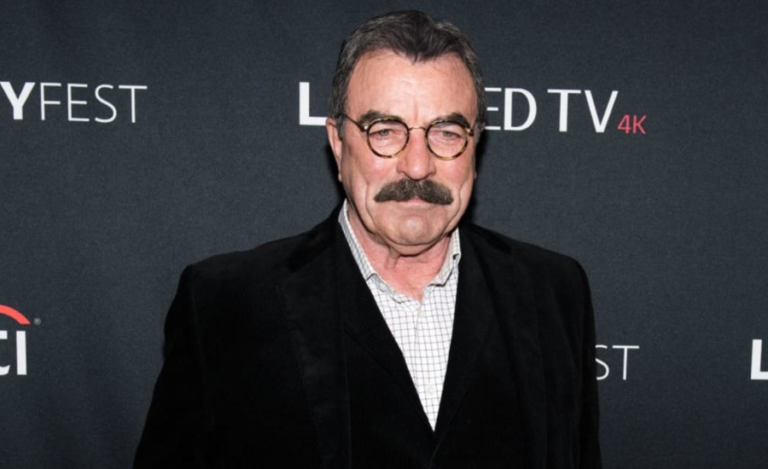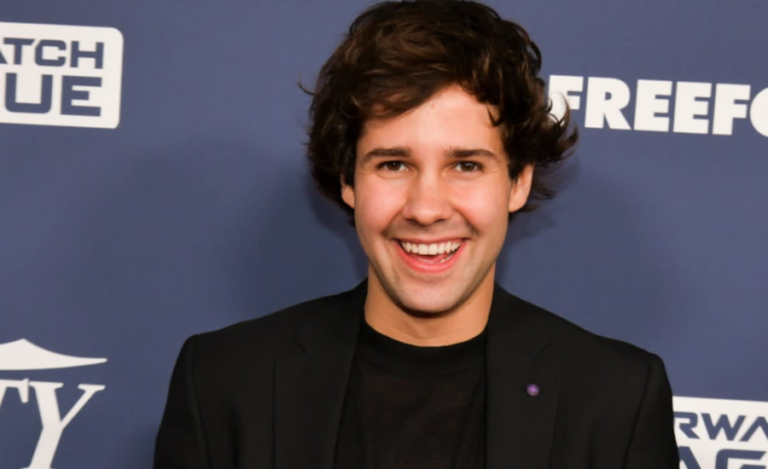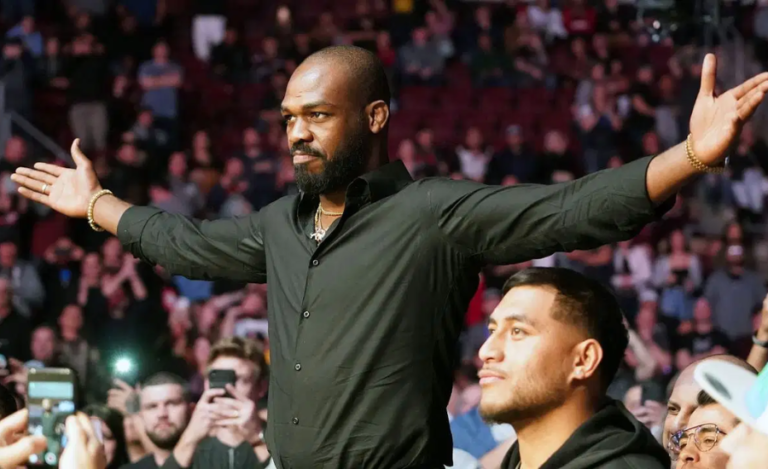David Miscavige Net Worth and How much is David Miscavige Net Worth?
David Miscavige Net Worth
$1 Million
David Miscavige, at the helm of Scientology, embarked on his journey within the organisation as a teenager, gradually ascending the ranks to eventually become its leader. His leadership role within Scientology has been both praised and criticised, reflecting the complexities of his tenure. While some former members of the church have voiced criticism against Miscavige, citing concerns about certain practices and policies within Scientology, others stand by him, applauding his efforts in guiding the organisation forward. Despite the controversies surrounding him, there are supporters who believe that Miscavige has effectively steered Scientology into the future, attributing positive changes and advancements within the church to his leadership.
Over the years, David Miscavige’s leadership has been a subject of intense scrutiny and debate, with opinions about his tenure varying widely. While detractors point to allegations of misconduct and authoritarianism, supporters argue that Miscavige has played a pivotal role in modernising and expanding Scientology’s reach. His commitment to the organisation and its principles has been unwavering, and despite facing challenges and controversies, Miscavige continues to lead Scientology with a vision for its growth and evolution. Ultimately, the narrative surrounding David Miscavige’s leadership underscores the complexities of his role within Scientology and the divergent perspectives that shape perceptions of his leadership style and accomplishments.
David Miscavige Net Worth
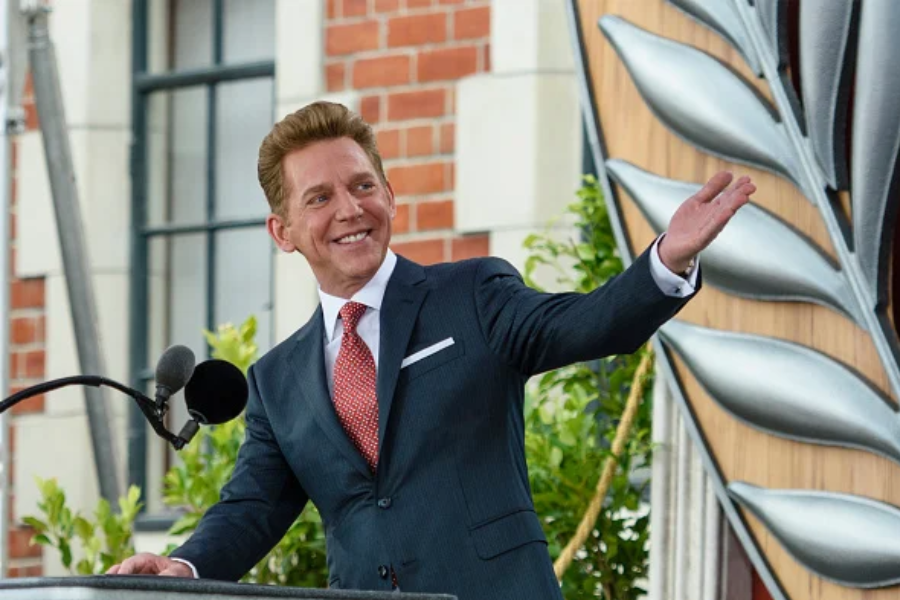
David Miscavige, an American religious figure and businessman, boasts a net worth of $1 million, primarily stemming from his leadership role within the Church of Scientology. His prominence within the church began during his teenage years when he served as a deputy to the church’s founder, L. Ron Hubbard. Miscavige’s early contributions included working as a cameraman for Scientology training films and holding the position of Captain of the Sea Org. Following Hubbard’s passing in 1986, Miscavige assumed the de facto leadership of the church, eventually being officially designated as the Chairman of the Board of the Religious Training Center (RTC). In this capacity, he oversees the copyrights and trademarks of Dianetics and Scientology, exerting significant influence over the organisation’s operations and direction.
Despite his leadership position, David Miscavige’s tenure has been marred by controversy and allegations of misconduct. Accusations against him range from forced separation of family members and harassment of journalists and church critics to coercive fundraising practices and mistreatment of church staff, including reports of physical assaults. While Miscavige and the Church of Scientology vehemently deny these allegations, they have nonetheless contributed to a mixed public perception of Miscavige, casting a shadow over his leadership and the practices of the church. Despite these challenges, Miscavige continues to hold sway within Scientology, navigating a landscape marked by both fervent support and staunch opposition as he steers the organisation forward.
David Miscavige Wiki/Bio
| Attribute | Details |
| Name | David Miscavige |
| David Miscavige Net Worth | $1 Million |
| Birthdate | April 30, 1960 |
| David Miscavige Age | 63 years old |
| Birthplace | Philadelphia |
| Gender | Male |
| David Miscavige Height | 5 ft 4 in (1.65 m) |
| Profession | Leader of Scientology |
| Father | Ron Miscavige |
| Mother | Loretta Gidaro |
| Nationality | Italian |
David Miscavige Early Life
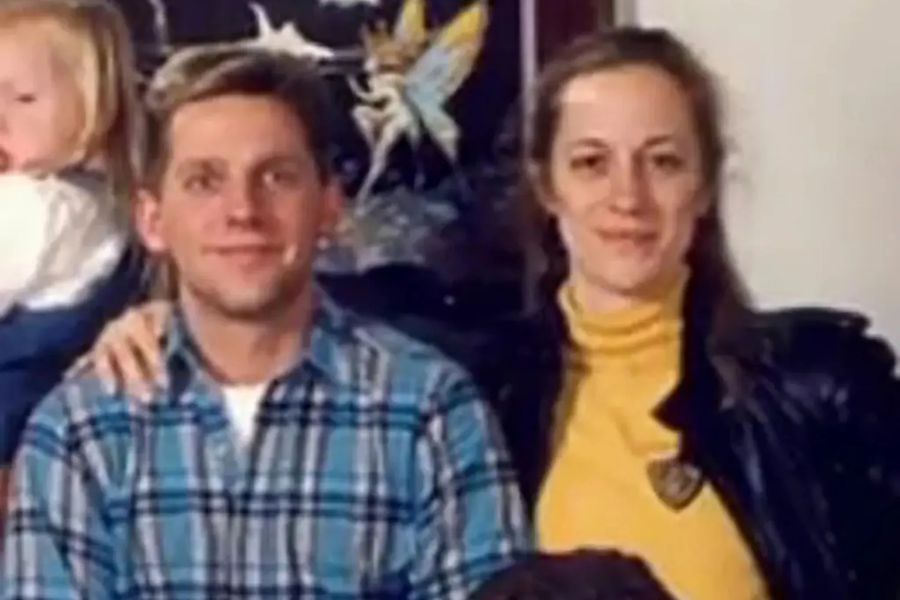
He wa born on April 30, 1960, in Bristol Township, Pennsylvania, grew up in a Roman Catholic Polish-Italian household alongside his twin sister, Denise, and older brother, Ronald. Despite his upbringing in a traditional religious environment, Miscavige’s family delved into Scientology when his father, Ronald Miscavige, developed an interest in the religion. In 1971, the family formally joined the Church of Scientology, marking the beginning of David’s lifelong association with the faith. Miscavige’s childhood was marked by health struggles, including asthma and severe allergies. However, it was reportedly a Dianetics session, a core practice of Scientology, that provided relief from his ailments, cementing his commitment to the church from a young age.
Involvement with Scientology and Early Career
David Miscavige’s early immersion in Scientology led him to become the church’s youngest professional auditor, demonstrating his dedication and aptitude for its practices. At just 16 years old, Miscavige obtained permission from his father to leave school and join the Sea Org, a prestigious organisation within Scientology. Relocating to Clearwater, Florida, he became part of this elite group established by Scientology founder L. Ron Hubbard. Subsequently, Miscavige transitioned to the Commodore’s Messenger Organization (CMO), a select cadre of young Scientologists entrusted with significant responsibilities within the church. This pivotal period marked the beginning of Miscavige’s ascent within Scientology, laying the groundwork for his future leadership role within the organisation.
Rise to Prominence within Scientology
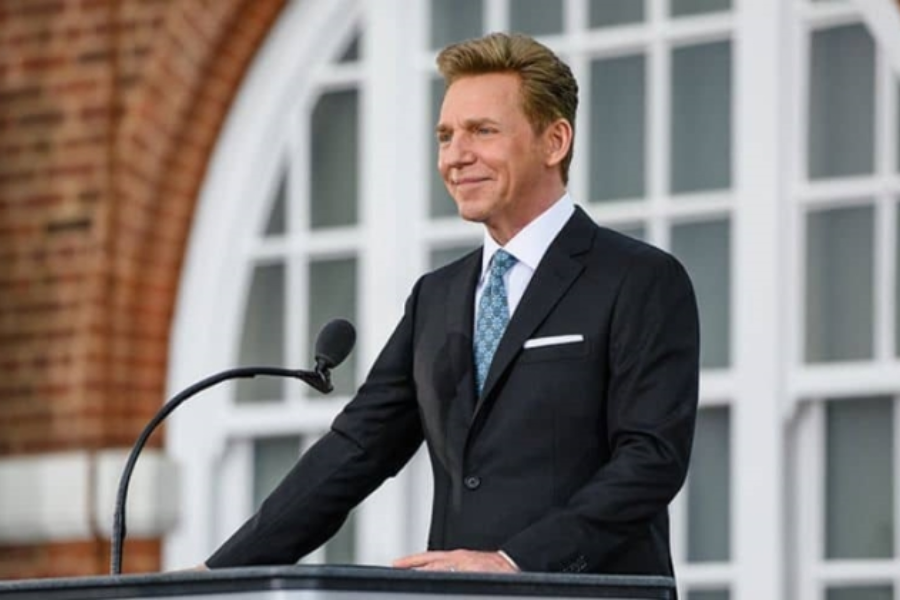
By 1977, David Miscavige had established himself in La Quinta, California, where he worked as a cameraman for Scientology training films. His dedication and capabilities caught the attention of L. Ron Hubbard, the founder and leader of the Church of Scientology. Hubbard entrusted Miscavige with increasing responsibilities, eventually appointing him as the head of the Commodore’s Messenger Organization (CMO). In this role, Miscavige became responsible for ensuring the enforcement of Hubbard’s policies across Scientology organisations, marking the beginning of his significant influence within the church.
Assumption of Leadership
As Hubbard withdrew from public appearances in 1980, David Miscavige’s prominence within the Scientology organisation continued to grow. By 1982, he had spearheaded the establishment of new organisational structures aimed at managing Hubbard’s personal finances and shielding him from potential legal liabilities. This initiative led to the creation of the Religious Technology Center and the Church of Spiritual Technology, solidifying Miscavige’s pivotal role in Scientology’s leadership hierarchy. Following Hubbard’s death in 1986, Miscavige assumed the mantle of leadership, announcing the news at the Hollywood Palladium. With this transition, he officially became the head of the Church of Scientology, ascending to the position of Captain of the Sea Organization.
David Miscavige Controversy and Challenges
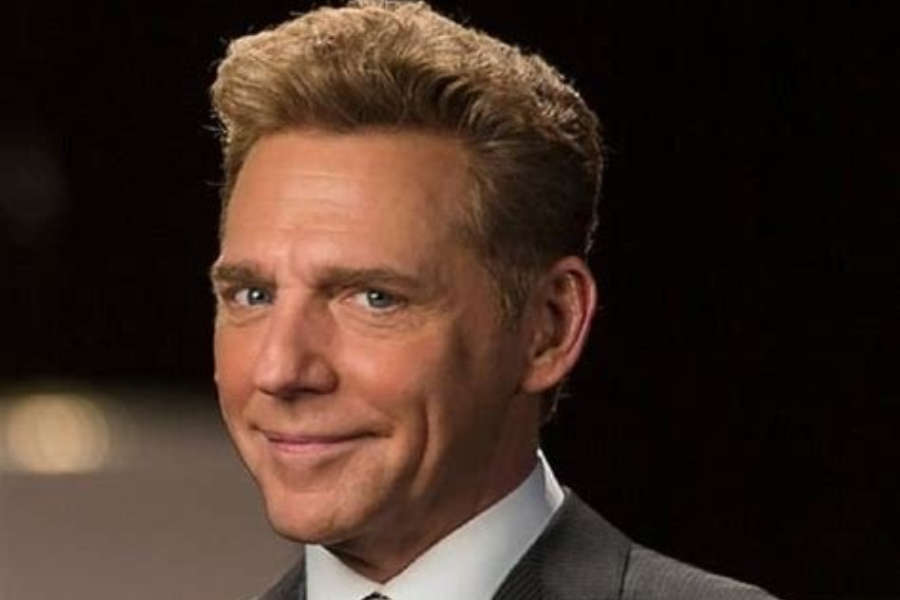
Since assuming leadership of the Church of Scientology, David Miscavige has faced numerous controversies and scandals. In 1991, Time magazine published a damning exposé titled “The Thriving Cult of Greed and Power,” which portrayed Miscavige as the orchestrator of an organisation employing Mafia-like tactics to intimidate its members. In response, Miscavige conducted a rare live interview with “Nightline” in 1992, where he refuted the allegations and accused the pharmaceutical company Eli Lilly and Company of influencing the Time article. The ensuing legal battle between the Church of Scientology and Eli Lilly and Company underscored the organisation’s combative approach to criticism and negative publicity, further solidifying Miscavige’s controversial legacy within and outside the church.
David Miscavige’s Income and Church Assets
According to documents filed with the IRS in 1992, David Miscavige earned a modest salary of $62,683, with his wife Shelly receiving $31,359 for her role as his assistant. Unlike some individuals associated with the church who earned substantial commissions based on fundraising amounts, David and Shelly did not receive such commissions. The church, on the other hand, reported controlling assets worth $400 million, including a 440-foot yacht named Freewinds valued at $15 million and $3.5 million worth of gold bars. Given the substantial growth of the church’s assets over the years, it is reasonable to assume that David Miscavige’s salary has also increased significantly, although it may still be relatively modest compared to other private organisations. Additionally, most of David’s expenses are reportedly covered by the church, allowing for a lavish lifestyle.
Exposés and Allegations
Over the decades, numerous news stories and television specials have featured exposés on the Scientology organisation. In 2009, the “St. Petersburg Times” published a series titled “The Truth Rundown,” featuring allegations against the church by former high-ranking members. One particularly disturbing allegation involved a location known as “The Hole,” where church staff members were reportedly degraded and humiliated by Miscavige and other executives. Despite repeated denials from church representatives, such allegations have contributed to a growing public perception of controversy surrounding the organisation.
Legal Challenges and Lawsuits
In recent years, David Miscavige has faced a series of legal challenges and lawsuits. In 2019, a former Scientologist filed a suit against Miscavige alleging kidnapping, stalking, libel, slander, and intentional infliction of emotional distress. He was also named in a lawsuit involving allegations of rape by actor Danny Masterson. In April 2022, three former Scientology workers filed a lawsuit for human trafficking against Miscavige. The court overseeing the case was informed by plaintiff’s counsel that Miscavige had been evading service for months despite numerous attempts to serve him. Eventually, the court found the allegations credible and ordered Miscavige to be served through the office of the Secretary of the State of Florida.
Continued Controversy and Legal Battles
David Miscavige’s leadership of the Church of Scientology continues to be marked by controversy and legal disputes. Despite ongoing denials from church representatives, allegations of misconduct and abuse persist, fueling public scrutiny and legal action against Miscavige and the organisation he leads. As these legal battles unfold, the spotlight remains firmly fixed on Miscavige and the broader Scientology movement, with the outcomes of these cases likely to shape perceptions of the church for years to come.
David Miscavige Personal Life
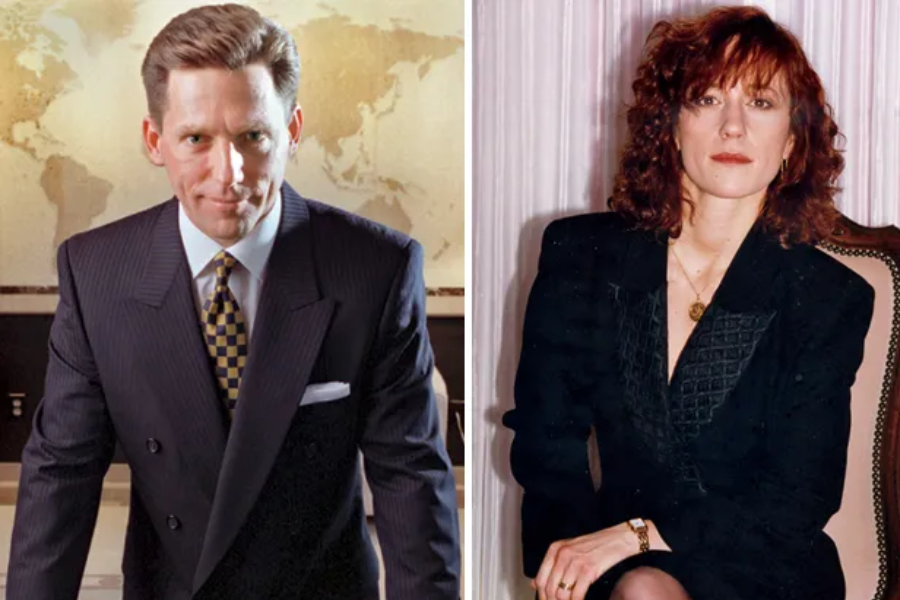
David Miscavige’s marriage to fellow Sea Org member Michele Diane “Shelly” Miscavige has been shrouded in mystery since her disappearance in August 2007. Despite being a prominent figure within the Scientology community, Shelly has not been seen in public for over a decade. Concerns about her well-being escalated when former Scientologist and actress Leah Remini filed a missing-person report with the Los Angeles Police Department, prompting an investigation into Shelly’s whereabouts. However, the investigation was closed in 2013, as reported by the Los Angeles Times. Despite the closure of the investigation, journalists have continued to report on Shelly’s alleged confinement at a Scientology compound known as Gold Base, where she is said to be under guard.
David Miscavige Family life
David Miscavige’s family members have not been immune to the controversies surrounding the Scientology organisation. His elder brother, Ronald, who served as an executive in the Sea Org, left Scientology in 2000. Similarly, his niece Jenna, Ronald’s daughter, departed from the church in 2005 and has since become a vocal critic of Scientology. In her 2013 book, “Beyond Belief: My Secret Life Inside Scientology And My Harrowing Escape,” Jenna detailed her experiences within the church and her eventual departure. Additionally, Miscavige’s father, Ronald, also left the church in 2012, adding to the growing dissent within his own family against Scientology’s practices and leadership.
Quick Facts
- He was born on April 30, 1960, in Bristol Township, Pennsylvania, grew up in a Roman Catholic Polish-Italian household alongside his twin sister, Denise, and older brother, Ronald. Despite his upbringing in a traditional religious environment, Miscavige’s family delved into Scientology when his father, Ronald Miscavige, developed an interest in the religion.
- Miscavige’s involvement with Scientology began as a teenager when his family formally joined the Church of Scientology in 1971. He quickly became deeply immersed in the church’s practices and rose through the ranks, eventually becoming the youngest professional auditor within the organisation.
- At the age of 16, Miscavige obtained permission to leave school and join the Sea Org, a prestigious organisation within Scientology. This marked the beginning of his ascent within the church’s hierarchy, as he became part of an elite group entrusted with significant responsibilities.
- David Miscavige’s leadership role within Scientology solidified after the death of the church’s founder, L. Ron Hubbard, in 1986. Miscavige assumed the mantle of leadership, eventually becoming the head of the Church of Scientology and the Chairman of the Board of the Religious Training Center.
- Miscavige’s tenure as the leader of Scientology has been marked by controversy and allegations of misconduct. Critics have accused him of employing authoritarian tactics, including forced separation of family members and harassment of church critics.
- David Miscavige’s personal life has been the subject of speculation, particularly concerning the disappearance of his wife, Shelly Miscavige, in 2007. Despite investigations into her whereabouts, she has not been seen in public for over a decade.
- Miscavige’s family members, including his elder brother, Ronald, and niece, Jenna, have spoken out against the organisation. They have left Scientology and become vocal critics, detailing their experiences within the church and their eventual departures.
Conclusion
In conclusion, the life and leadership of David Miscavige within the Church of Scientology reflect a complex narrative marked by controversy, allegations, and family strife. Rising through the ranks from a young age, Miscavige assumed control of the church after the death of its founder, L. Ron Hubbard, and has faced both praise and criticism for his leadership style. Despite allegations of misconduct and authoritarianism, Miscavige maintains supporters who credit him with steering Scientology into the future. However, ongoing controversies, legal battles, and personal mysteries surrounding his family continue to shape public perception of both Miscavige and the Scientology organisation as a whole.
